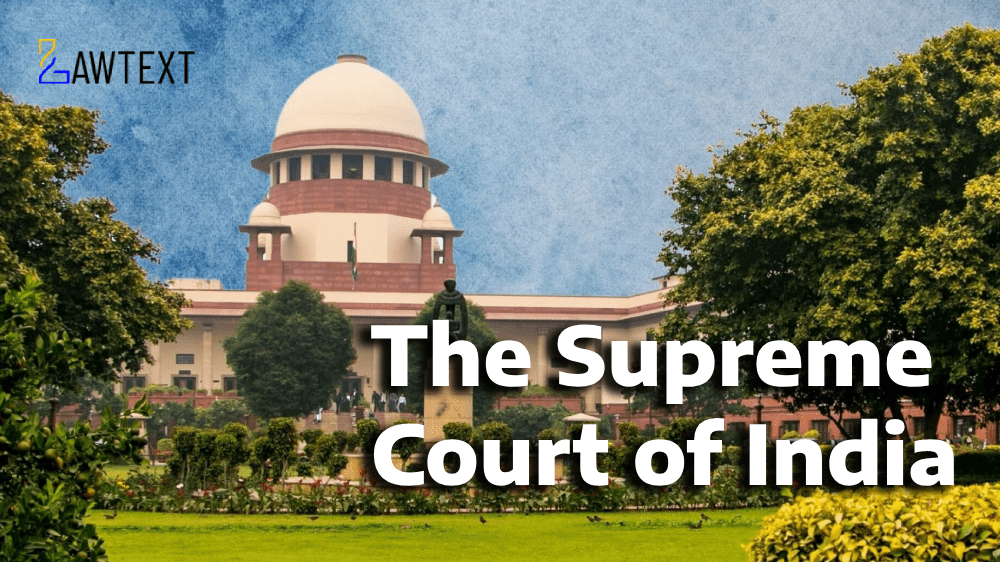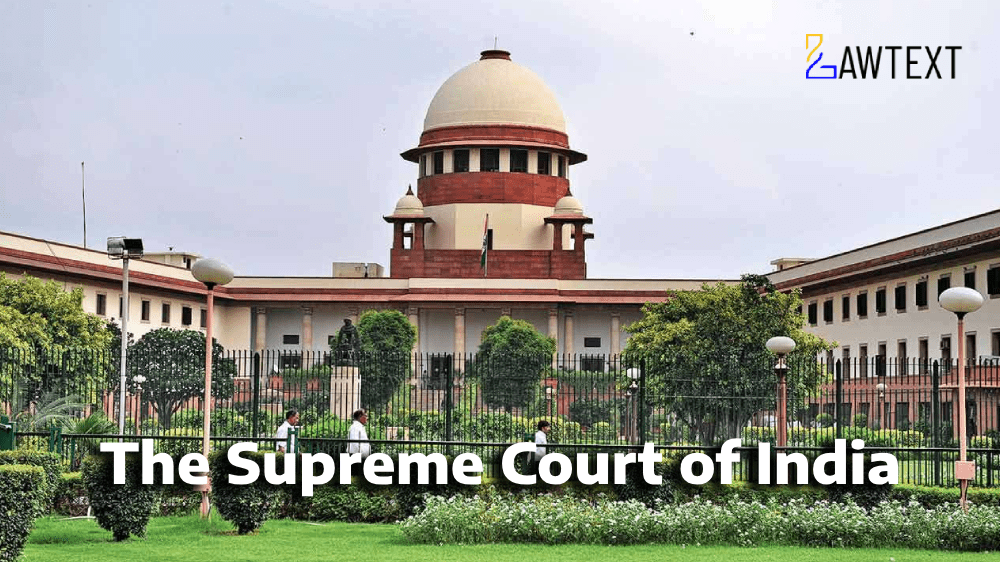Case Note & Summary
Recovery of Time-Barred Debts under the Haryana Public Moneys (Recovery of Dues) Act, 1979:
Appeals arising from judgments of the High Court of Punjab and Haryana regarding the recovery of time-barred debts under the Haryana Public Moneys (Recovery of Dues) Act, 1979. The Division Bench of the High Court dismissed the writ petitions, upholding the applicability of the Recovery of Dues Act despite the debts being time-barred under the Limitation Act, 1963. The appellants contested the recovery of debts past the statutory limitation period, arguing that such debts cannot be recovered under the Recovery of Dues Act. The Supreme Court was tasked with determining whether the recovery proceedings under the Recovery of Dues Act could proceed for time-barred debts and whether the decision in V.R. Kalliyanikutty was contrary to previous rulings.
Background: The appeals stem from judgments of the Punjab and Haryana High Court regarding the recovery of debts under the Haryana Public Moneys (Recovery of Dues) Act, 1979. The High Court upheld the applicability of the Recovery of Dues Act for recovering time-barred debts, dismissing the writ petitions filed by the appellants.
Contentions of the Parties: The appellants argued that the recovery proceedings under the Recovery of Dues Act were barred by the principle established in the case of State of Kerala and Others vs. V.R. Kalliyanikutty & Anr. They contended that acts like the Recovery of Dues Act were intended for speedy recovery but did not create new rights for creditors. The respondent-Corporations, however, refuted these contentions, asserting that the Recovery of Dues Act allowed for recovery irrespective of the limitation period.
Questions for Consideration: The Supreme Court was tasked with determining whether the Recovery of Dues Act allowed for the recovery of time-barred debts and whether the decision in V.R. Kalliyanikutty was contrary to previous rulings. Specifically, the Court needed to assess if the Recovery of Dues Act created a distinct right for recovery, even for time-barred debts, and if the principles established in previous cases were applicable to the present scenario.
Reasoning and Analysis: The Court examined the legislative intent behind the State Financial Corporations Act, 1951, and the Recovery of Dues Act to understand the scope of recovery proceedings. It analyzed relevant statutory provisions and case law to ascertain whether recovery could proceed for time-barred debts under the Recovery of Dues Act.
Conclusion: The Supreme Court's decision will clarify the applicability of the Recovery of Dues Act to time-barred debts and reconcile conflicting interpretations of previous judgments. It will provide guidance on the legal framework for debt recovery and the interplay between statutes of limitation and recovery mechanisms. The matter was referred to the Chief Justice of India for constituting a three-judge bench to comprehensively address all aspects of recovery laws and limitations.
Issue of Consideration: K.P. Khemka & Anr vs Haryana State Industrial And Infrastructure Development Corporation Limited & Ors.
Premium Content
The Issue of Consideration is only available to subscribed members.
Subscribe Now to access critical case issues





